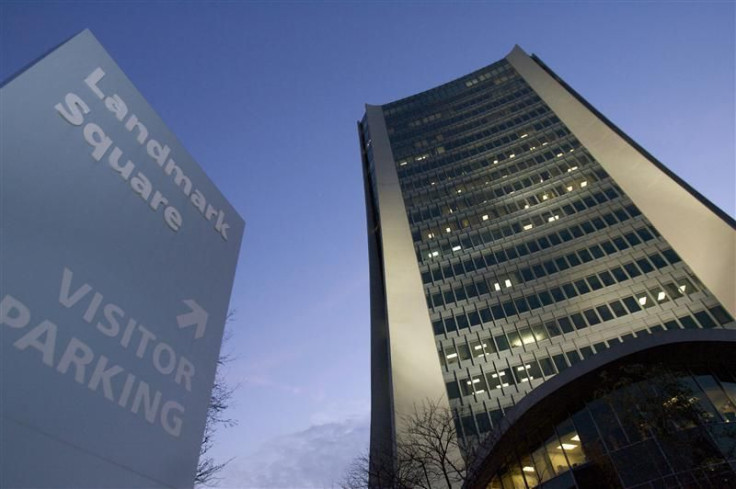Diamondback to Settle Insider Trading Charges

(Reuters) -- Diamondback Capital Management will pay more than $9 million to settle allegations of insider trading at the Stamford, Conn.-based hedge fund.
Diamondback will give up $6 million in ill-gotten gains and pay a $3 million penalty, as part of the proposed settlement with the U.S. Securities and Exchange Commission and a non-prosecution agreement with the Justice Department.
In reaching the settlement, the SEC said it credited Diamondback for its "substantial" cooperation, including a statement of facts that the hedge fund provided to the SEC and the U.S. Attorney's Office for the Southern District of New York.
In a letter to investors on Monday, the hedge fund said it was "gratified" to announce the news and that no investors will take a financial hit from the deal.
The SEC's proposed settlement, which is still subject to court approval, comes less than a week after U.S. prosecutors announced charges against seven people who worked for five different hedge funds in connection with an alleged $62 million insider-trading scheme.
Among those arrested included Todd Newman, who headed technology trading for Diamondback. Newman, along with Level Global Investors co-founder Anthony Chiasson were both accused of trading ahead of Dell Inc's earnings announcements for the first and second quarters of 2008.
Prosecutors also last week publicly disclosed that several other hedge fund employees, including former Diamondback analyst Jesse Tortora, had already pleaded guilty for their roles in the scheme.
The SEC's parallel civil case, also filed last week, had charged all seven individuals involved in the criminal matter as well as both Diamondback and Level Global.
Diamondback's proposed settlement would resolve charges of insider trading in shares of Dell and Nvidia Corp.
The settlement marked the latest in a series of high-profile cases aimed at combating insider trading by hedge funds.
The investigations of insider trading began at least eight years ago, and many of the cases have been based in part on the use of wiretaps. So far, Galleon Group hedge fund founder Raj Rajaratnam has remained the most well-known person to be convicted as part of the probe.
"We are pleased to have reached a prompt resolution of the charges against Diamondback," said George Canellos, the director of the SEC's New York Regional Office.
"If approved by the court, we believe that the proposed settlement appropriately sanctions the misconduct while giving due credit to Diamondback for its substantial assistance in the government's investigation and the pending actions against former employees and their co-defendants."
The non-prosecution agreement with the U.S. Attorney's Office, dated January 20, also highlights the hedge fund's quick and voluntary cooperation.
SETTLEMENT CHANGE
Monday's SEC settlement with Diamondback does not contain the usual "neither admit nor deny" language typically found in most civil settlements.
The absence of the language marks the first use by the SEC of a new policy announced earlier this month.
Under the change, the SEC said it would no longer allow defendants to "neither admit nor deny" charges if the defendant had already admitted to a set of facts in a parallel criminal proceeding, such as a non-prosecution agreement.
The change was made after a federal judge in New York rejected a proposed $285 million settlement between the SEC and Citigroup, in part because the bank had not admitted to wrongdoing. An appeals court is reviewing the judge's decision.
(Reporting by Sarah N. Lynch; Additional reporting by Basil Katz and Grant McCool in New York; Editing by Gerald E. McCormick, Tim Dobbyn and Bernard Orr)
© Copyright Thomson Reuters {{Year}}. All rights reserved.





















